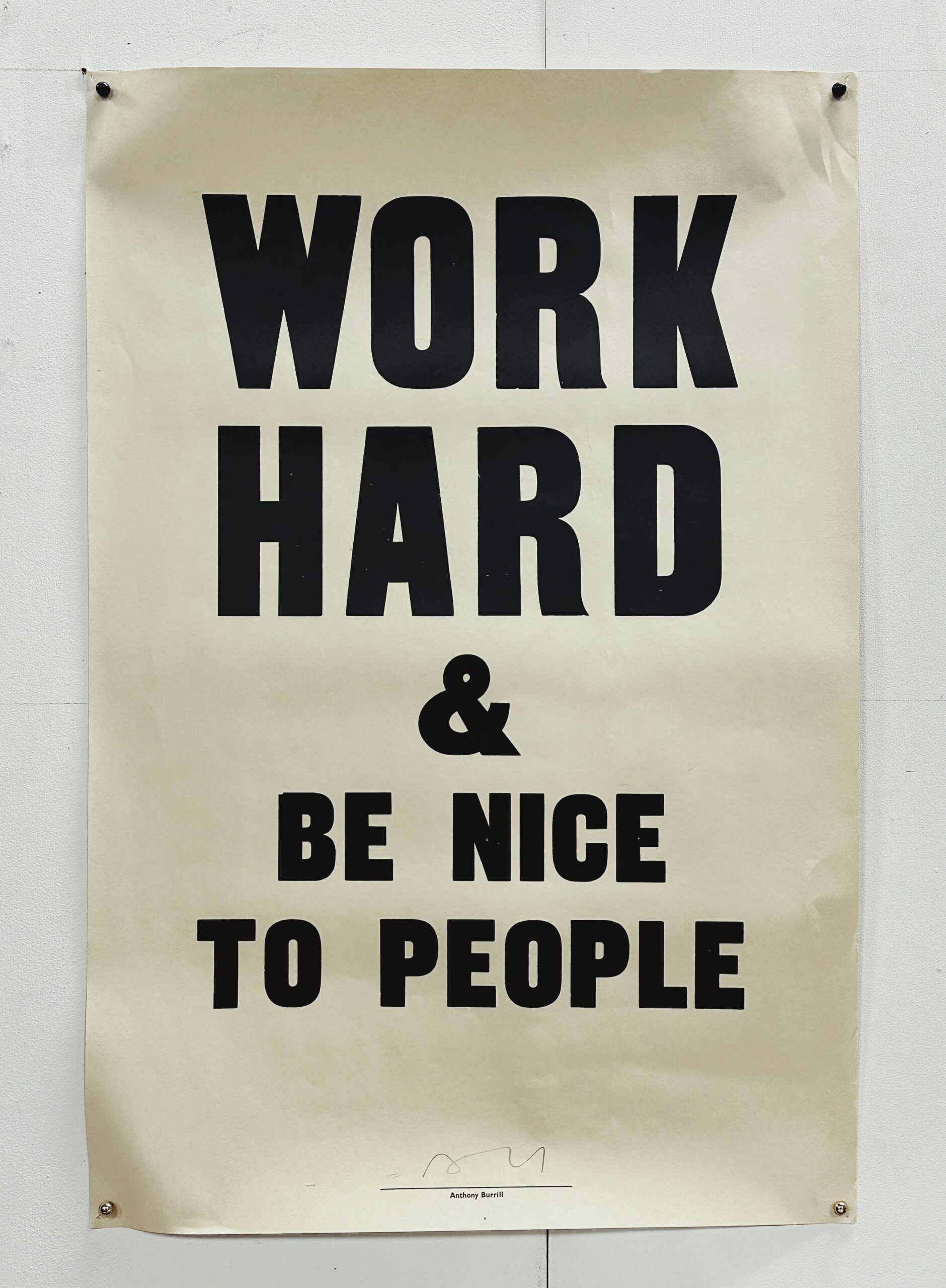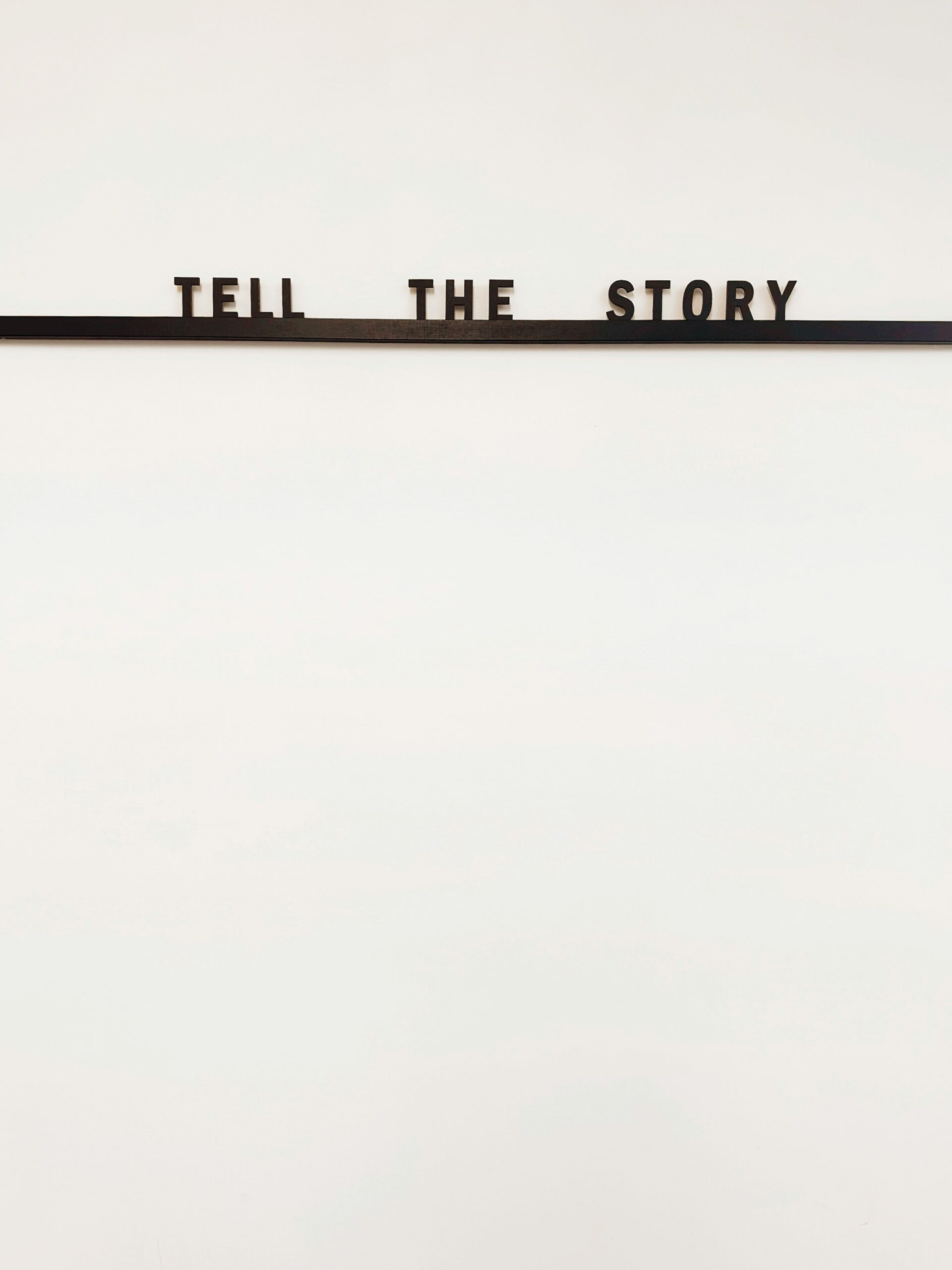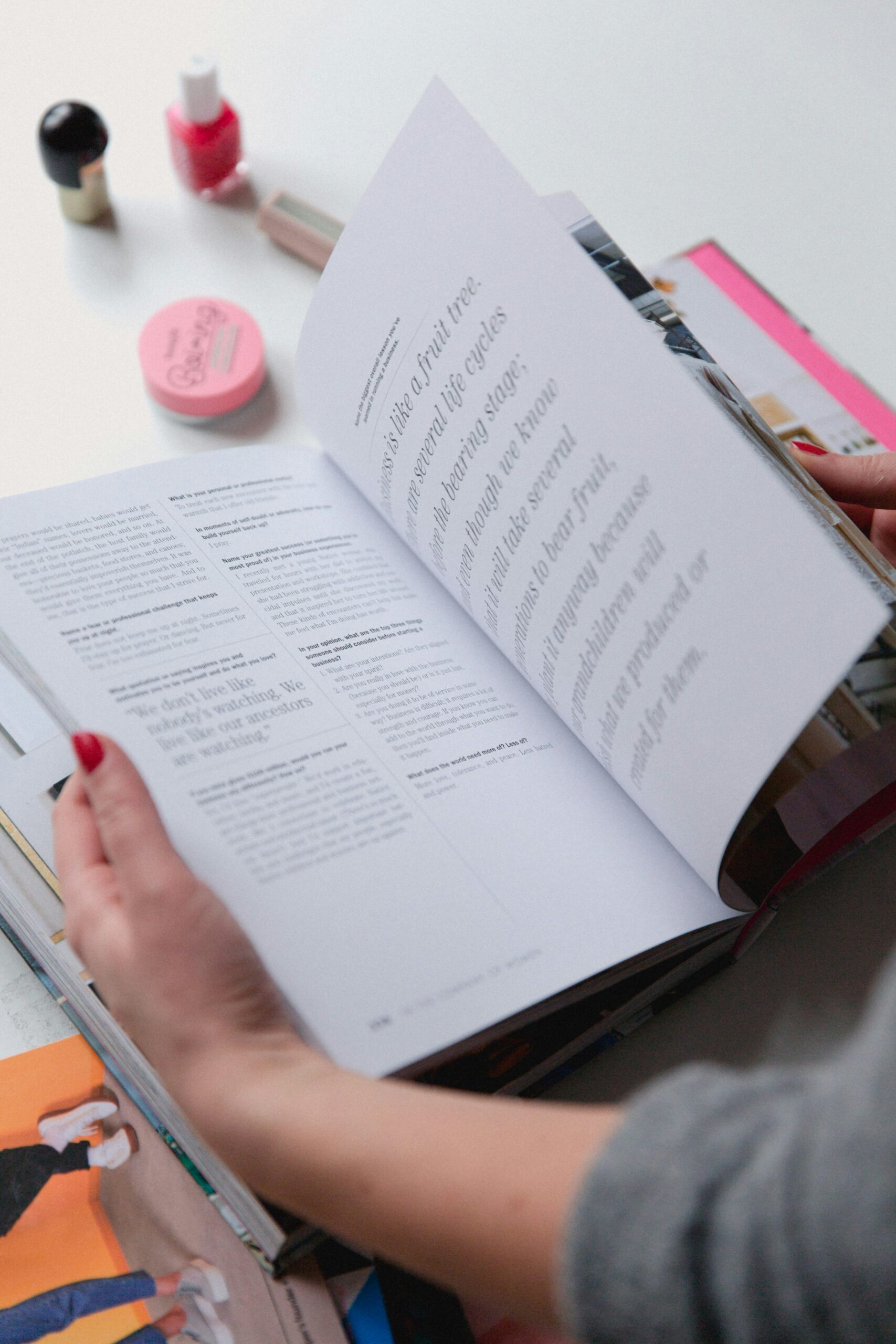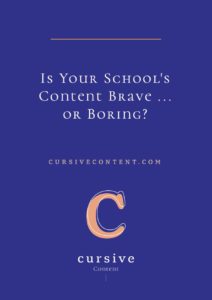Is Your School’s Content Brave … or Boring?

The awesome thing about the Internet is that it’s a level playing field. (For now. Don’t get me started on net neutrality.)
The frustrating thing about the Internet is that … it’s a level playing field. Which means that anyone can claim their expertise on any topic, and shout their advice and opinions to the masses.
The appeal of claiming your expertise online has led to what many refer to as content shock, defined by Mark Schaefer as “the emerging marketing epoch defined when exponentially increasing volumes of content intersect our limited human capacity to consume it.”
In short, there’s more content online than we can read … and a lot of it is garbage.
So what happens if you really ARE an expert? If you really have something important to say? How do you cut through the content clutter and get your school’s message to your current and prospective students and families?
It’s easy, actually: stop writing boring stuff.
You read that right. The simple fact is that if you want your school’s content to make it in today’s oversaturated online world, you need to make a commitment:
You need to decide that your school is only going to create great content.
It’s a big, scary commitment to make … but you need to be brave to write good content. As Stephen King says in his moving memoir On Writing:
“The scariest moment is always just before you start. After that, things can only get better. … You can, you should, and if you’re brave enough to start, you will.”
So how do you transform your school’s online content from boring to brave?
1. Take a stand.
It’s not enough to say that you’re special. That you offer something unique. That you have a different perspective, an individual approach to education. You need to be able to clearly and succinctly explain your unique perspective and the benefit you provide to your students and families. You have to have the confidence to take ownership of your expertise.
To Do: When sitting down to write content that explains your school’s point of view, write down your opinion – before reading anyone else’s. Don’t search for what other schools have said before crafting your content. Trust that you have the knowledge and the insight to develop a meaningful, unique story. Once you have a rough concept of your position, then go out there and see what else has been said on the subject.
2. Use bold word choices.
While writing quickly or under deadline, it’s easy to fall into a pattern of using clichés or common catchphrases to describe your subject. Consider the popular:
- Think outside the box …
- But at the end of the day…
- The fact of the matter is…
- When it’s all said and done …
So what’s wrong with relying on catchphrases to describe the simple and mundane? It’s lazy. It’s uninspired. It’s inauthentic. It doesn’t require you, as a writer, to explore how you really feel about a topic and examine how you would describe something naturally.
To Do: It’s important to police yourself and frequently check your work for inauthentic or meaningless phrases. I often find myself falling into this trap, which is why the editing process is so crucial. Read your work, and read it again. Take a critical look at your word choices. Can they be better? If the answer is yes, forget the deadline and take the time to do it right.
3. Write for your audiences. (For real. Don’t just say you do.)
When we think about engaging new audiences with a piece of content, we need to stop thinking about it as lead generation or prospect outreach and start thinking about it as meeting new people.
In other words, think of your content as your handshake.
Too often, passionate school marketers let the details of what they do overpower the impact of what they do. When this happens, the impact becomes less, well, impactful. The story gets too complex to be compelling.
To Do: Focus on creating content that is personal and powerful. Don’t write for a buyer persona. Remember that there’s a real, individual person on the receiving end. Explain your point of view to that person, in simple terms that he or she would care about. Create a connection, and your school content will take on new meaning.
So, are you ready to sit down and stare that ominous blank Word document in the face? Go for it, you expert you.
Want more tips on writing and storytelling? Sign up to access our free Resource Library.
MORE ARTICLES
-
 Clarity in 50 Words or Less: How to Write Your School’s One-Sentence Story
Clarity in 50 Words or Less: How to Write Your School’s One-Sentence Story -
 The 4 Building Blocks of a Strong School Story (and Why AI Needs Them)
The 4 Building Blocks of a Strong School Story (and Why AI Needs Them) -
 How to Stop ChatGPT from Making Your School Sound Generic
How to Stop ChatGPT from Making Your School Sound Generic -
 What Should Your School Do with Its Blog Now That AI Is Changing Search?
What Should Your School Do with Its Blog Now That AI Is Changing Search? -
 What Is Your Private School’s Bold & Unifying Big Promise?
What Is Your Private School’s Bold & Unifying Big Promise? -
 Viewbook Best Practices for Private Schools
Viewbook Best Practices for Private Schools -
 AI Writing Prompts to Power Private School Storytelling
AI Writing Prompts to Power Private School Storytelling -
 How to Write a Magnetic Private School “About” Page
How to Write a Magnetic Private School “About” Page

I think we can all be experts in something, as far as our life experience goes. It’s just knowing how to express that and recognising our limitations. Better to go with what we know then the give the impression that we know more than we do.
As far as being brave rather than boring goes. I guess readers might have different responses to that. I consider it brave to take a stand, to express a point of view that not everyone will agree with. For me, being vulnerable enough to share from my life experience, on a blog that I’m also advertising to friends and family, feels like a brave, scary and exciting step. I will take on board your challenge to seek bold word choices. I know that I’m doing that sometimes. It’s easy to fall back on a lazy, unorignal option though. That’s what I take from your post today. Thanks!
Thanks Rachel- I completely agree, and I really like the way you say “we can all be experts in something, as far as our life experience goes.” I think the hardest part is recognizing our own expertise since we become used to the way we view the world or do our own jobs. It’s all about reminding ourselves of our worth and knowledge and allowing ourselves to step out of our comfort zones, especially when writing. Thanks for reading the post!
Thanks for your consistently authentic and inspiring words, Emily. Whenever I read a post of yours, whatever the topic, I’m reminded what good writing is all about.
Thanks Joe, you made my day!
-Emily